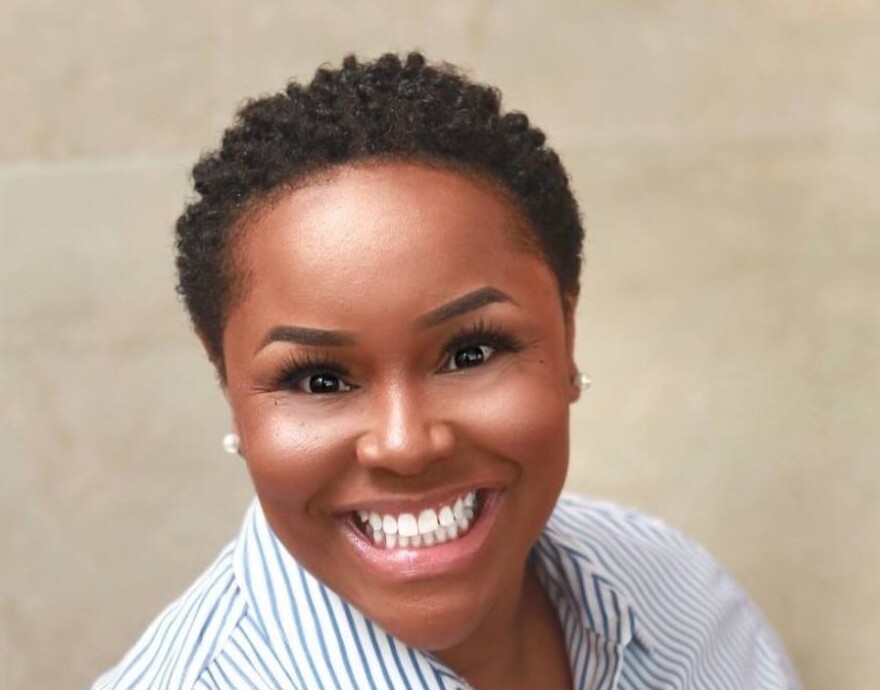Keisha Dorsey will be sworn in on Jan. 7 as the Councilwoman for District 3, which includes parts of Shively, Park DuValle and California. She will take the place of the long-serving Mary C. Woolridge, who retired at the end of her term in 2018.
At 33 years old, Dorsey will be one of the youngest members of the council. She said she is connecting with fellow council members and other political leaders for guidance, and hopes to use her interest in technology to make the council accessible to more people.
A longtime resident of West Louisville, Dorsey said she wants to tackle infrastructure projects and encourage economic development in her district. You can listen to my conversation with Dorsey in the player above.
When you talk about the infrastructure needs in your neighborhood — people want something as simple as a speed bump — what does that tell you about what your constituents are looking for, and what sort of larger issues they might be facing?
What's cool about needing a speed bump is they didn't say, "I don't feel safe walking outside." When a majority of my constituents were worried about speed bumps, I thought, "Man, this is a great place to have kids, to ride down the street and to be outside in." Because you're wanting speed bumps, so people slow down so your kids can be outside. But in regard to infrastructure, and what that means, I think it's that people are ready to invest, because if I want to speed bump, and if I want sidewalks, that's secondary to my home, that's secondary to my car. So that tells me that District Three is on its way somewhere.
What does economic development mean to you? And what do you think that you can do to help facilitate that?
Anytime you want to build an economic infrastructure, in my opinion, that starts with housing. Most the time we look at what's the average household income? Or what's the median income? And if you look at the bigger strategies of like a Chick-Fil-A or Topgolf where they want to choose their locations, these are the things that they look at. So is there the earning potential in a area that can support business, right? And so if you do not have people in that area, who have the earning potential to support business, then why bring a business there?
Does that mean attracting new residents to the neighborhood or changing maybe what the current residents are able to earn?
I think it's empowering residents that are there. There are places where we have a vacant or abandoned house. And so, is there a way to get young families into houses that are sitting empty? Is there a way to give them a tax credit to come and fix this house up and live in it — not rent it out, but actually live in it — keep your earning potential in that area, and further mature that area?
This interview has been edited for length and clarity.


